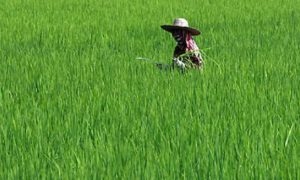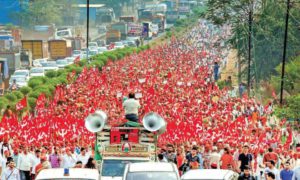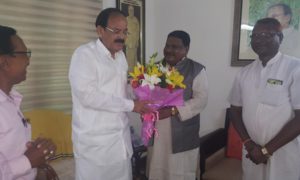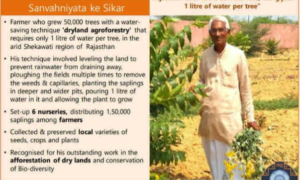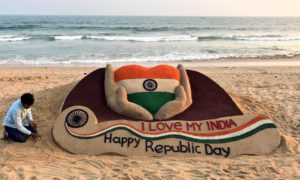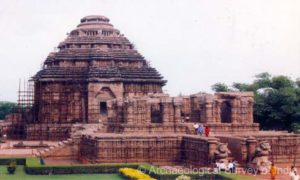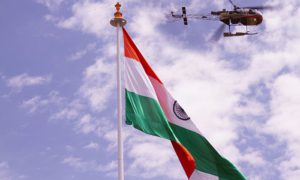Why Uttar Pradesh may not be a cakewalk for BJP
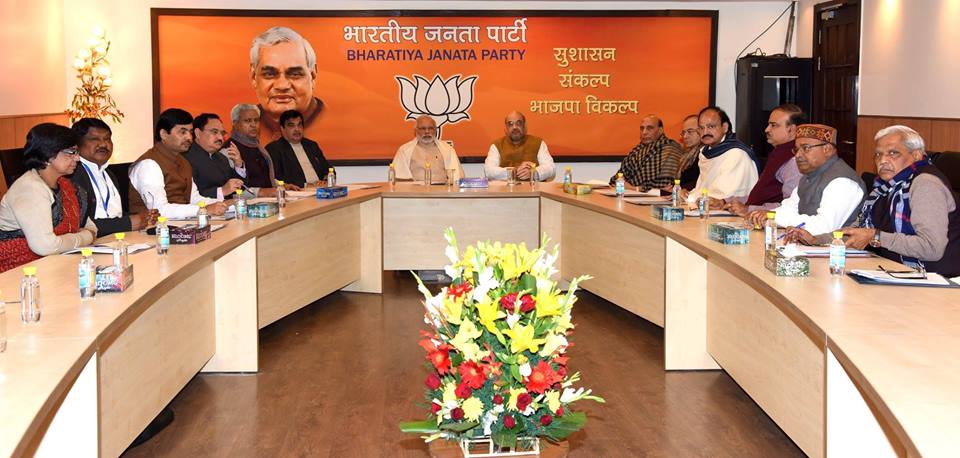
The intense tussle between Netaji and Betaji in Samajwadi Party initially threatened to mar the SP’s electoral prospects, but it has now become clear that Akhilesh is the real boss of the party.

All eyes are on Uttar Pradesh, where the elections for the state assembly will be held in seven phases and India’s ruling BJP is making frantic efforts to regain its lost ground.
The results of the elections will have a bearing on the national politics, especially the phenomenon called Narendra Modi.
BJP is confident of riding to power in India’s most populous and politically important state, where it had registered a landslide victory in 2014 general elections winning 73 of the total 80 Lok Sabha seats with a vote share of 40%. Seen in term of assembly segments, it will be around 328 seats.
The national party will fight the assembly election from the position of advantage in the sense that if the general elections win is converted to assembly seats, it will be a spectacular 328 in a house of 403 seats.
But in the last one and a half years, things have changed and now it does not seem to be a cakewalk for the BJP, which is expected to be engaged in a fierce triangular fight with the ruling Samajwadi Party headed by chief minister Akhilesh Singh and Bahujan Samaj Party headed by former chief minister Mayawati.
Here are five reasons why BJP may face an uphill task in winning Uttar Pradesh:
1.At the time of the general elections Modi’s popularity was at its peak. At that time people had voted for BJP and Modi because they desperately wanted to get rid of the “corrupt” UPA government.
However, this time the people of Uttar Pradesh will choose a chief minister and BJP does not have a local credible face – if you discount Union home minister Rajnath Singh – who matches up to the stature of chief minister Akhilesh and former chief minister Mayawati.
2. The demonetization of Rs.500 and Rs.1,000 notes announced by Modi since November 8 last year has made the prospects of BJP in the state a bit difficult.
Modi had claimed that the move was meant to benefit the poor. But post demonetization it was the poor that suffered most.
There are reports of around two lakh migrant workers from backward Bundelkhand area of the state returning home jobless.
It has also badly hit the traders, who comprise a major support base of BJP in UP, and farmers who struggled to get cash, fertilizer and seed for the next crop.
On the surface, many people in the state have praised demonetization, but ground reports at several places reveal the praise heaped on Modi was just to stay politically correct.
So the support BJP claims on the issue might not reflect on the ground.
3. The intense tussle between Netaji and Betaji in Samajwadi Party initially threatened to mar the SP’s electoral prospects, but it has now become clear that Akhilesh is the real boss of the party.
He has been able to cultivate the image of a development-oriented chief minister whose appeal transcends castes and religion, unlike his father.
If he is able to stitch together a coalition with Congress and Ajit Singh’s Rashtriya Lok Dal, it can be a formidable challenge to BJP.
4. All poll surveys conducted by various television channels so far have put BSP on the third spot behind BJP and SP. But it will be foolish to rule out the influence of Mayawati in Uttar Pradesh politics, where Dalits constitute 20.7% of the population.
On the other hand, Muslims constitute 19.3% of the population. A scenario of the Dalit votes consolidating behind BSP and at the same time a major chunk of the Muslim votes shifting to it from SP – which may not be ruled out considering the internal fight in the latter – will not only put BSP on the top but also spell trouble for BJP.
5. After she bowed out as chief minister in 2012 assembly elections, Mayawati faced a humiliating defeat in 2014 general elections in which BSP drew a blank.
In 2015, she revived the fortunes of her party when it defeated both SP and BJP in rural polls.
The Candidates backed by BSP won from villages adopted by Modi and Mulayam Singh. Besides, the atrocities against Dalits in UP and other areas in the country in the last two years have further strengthened her position.
She has taken utmost care to ensure that Muslims and Dalits are well represented in the list of candidates for the assembly elections.
Modi and BJP national president Amit Shah have to walk the extra mile to win some Dalits and Muslims away from BSP and SP while retaining their traditional upper caste and OBC votes to pull it up in UP.
Big Wire

